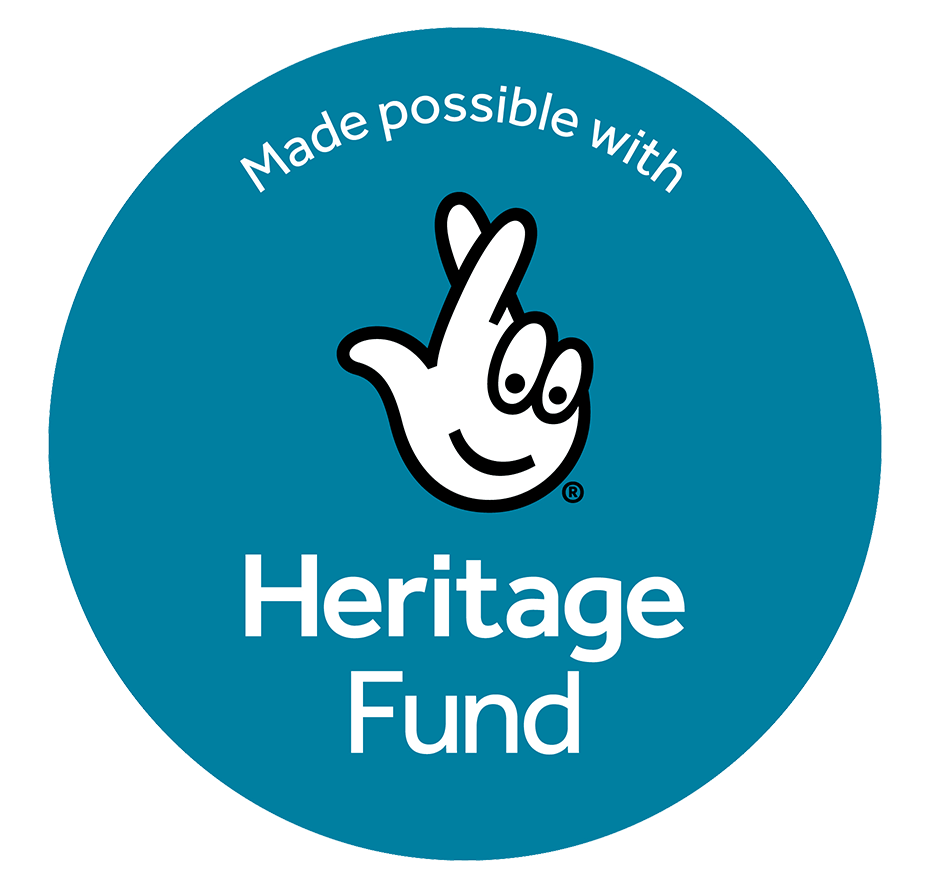About

Windrush 70, like previous commemorations, has highlighted the contributions that West Indians have made and continue to make to our community’s well-being since the 1940s.
Share this:
In October 2017, Windrush Foundation launched Windrush 70 after receiving an award from the National Lottery Heritage Fund. Windrush Foundation has been the leading organisation in ‘commemorating and celebrating the 70th anniversary of the arrival of MV Empire Windrush that brought to the UK hundreds of Caribbean passengers who disembarked on 22 June 1948 at Tilbury Docks, Essex.
Of the 1027 passengers listed on the ship’s records, 802 gave their last country of residence as somewhere in the Caribbean: 339 from Jamaica; 139 from Bermuda; 119 from England; 73 from Trinidad; 66 from Mexico (Polish migrants); 44 from British Guiana; 7 others Caribbean; 40 other non-Caribbean.
The ship has become an iconic symbol of post-war West Indian settlement in Britain. It was what the late Sam B. King MBE intended in 1995 when he invited Arthur Torrington to work with him on plans to commemorate the 50th anniversary in 1998. The following year Windrush Foundation received charitable status and has not relented in its efforts to show how West Indians have worked to bring about equality and justice for all in the UK.
The contributions that people of West Indian heritage have made go back to the 1600s when the British people colonised parts of the region almost wiping out the indigenous population and forcing enslaved Africans to work on sugar plantations.
In 1939, Winston Churchill said:
“The West Indies, two hundred years ago, bulked very largely in the minds of all people who were making Britain and making the British Empire.
“Our possessions of the West Indies, like that of India – the colonial plantation and development, as they were called – give us the strength to, the support, but especially the capital, the wealth, at a time when no other European nation possessed such a reserve, which enabled us to come through the great struggle of the Napoleonic Wars, the keen competition of the commerce of the 18th and 19th centuries and enabled us not only to acquire this worldwide appendage of possessions we have, but also to lay the foundation of that commercial and financial leadership which, when the world was young, when everything outside Europe was undeveloped, enabled us to make our great position in the world.”
(The Negro in the Caribbean, 1942, Dr Eric Williams).
Sam King was the first person to have preserved the stories of the men and women who were on the board MV Empire Windrush. He kept their names and addresses and sent them Christmas postcards. To Sam, we owe gratitude as we see how names and terms like ‘Windrush Generation’, ‘Windrush Pioneers’ and ‘Windrush Champions’ are being used today. He was first to have coined the terms.
The 70 Windrush Pioneers and Champions publication features men and women considered to have made significant contributions to our communities and to Britain over the past 70 years.
They are not the only ones to have done so, but Windrush Foundation has selected them in 2018 and will also publish the profiles of other Caribbean people in the coming years. It should be noted that more than 4,000 WWII West Indians (like Laurent Phillpotts) and women settled in Britain after the War ended in 1945, some returned in 1947 to the UK on the HMS Ormonde and HMS Almanzora and many of them assisted Empire Windrush passengers on June 22, 1948. Windrush Foundation considers them also as ‘Pioneers’.
Windrush Foundation defines ‘Windrush Generation’ as the West Indians who arrived in the UK on June 22, 1948, on the Empire Windrush. They are the ones who have laid the foundation for future generations: in housing, religion, economic, social, political and race relations; we stand on their shoulders.
The term ‘Windrush Champions’ has been defined as West Indians who arrived in the UK after June 22, 1948 and whose work for local communities and British society laid the foundation for following generations. The summary profiles on this website are not the only ones who have done so, but in the 70th anniversary publication, they are included because Windrush Foundation knows about their work. The late Sam King MBE, co-founder of the organisation, and an Empire Windrush passenger, had for many years observed the contributions they had made and with this publication, we acknowledge them, but will include other names in our next publication.
‘Windrush Champions’ stand on the shoulders of the ‘Pioneers’ who made their homes in the UK after WWII ended and who made living in the Britain easier for those who returned in 1947 and on June 22, 1948. They were the key sources of encouragement for them to emigrate from the West Indies. So, those who arrived between May 1945 and December 1947 received their support.
Many of the Caribbean passengers who arrived on June 22, 1948, at Tilbury Docks, Essex, were assisted in like manner. WWII RAF West Indian personnel returned to their respective bases, and the 236 passengers who had made no arrangements for accommodation were housed at Clapham South Deep Shelter, London, that night.
After the arrival of MV Empire Windrush, other ships brought hundreds of thousands of West
Indians to the UK. Most passengers in the 1960s and 1970s travelled on British Overseas
Airways Corporation (BOAC). The so-called ‘Windrush scandal’ has highlighted the experiences of thousands of West Indian people and others whom Home Office officials have denied UK citizenship rights, resulting in serious injustices to individuals and families. The British Government has said it is committed to making the ‘wrongs’: ‘right’, and to ensure that all those affected, receive citizenship and compensation. It’s a ‘Home Office scandal’; not a ‘Windrush scandal’.
The Directors of Windrush Foundation hope that ‘70 Windrush Pioneers and Champions’ will assist your knowledge and understanding of their lives and contributions to Britain over the years.
Privacy Policy | Registered charity number: 1159291 | Copyright © 2024 Windrush 70 | Design: ATOMIC CONCEPTS


